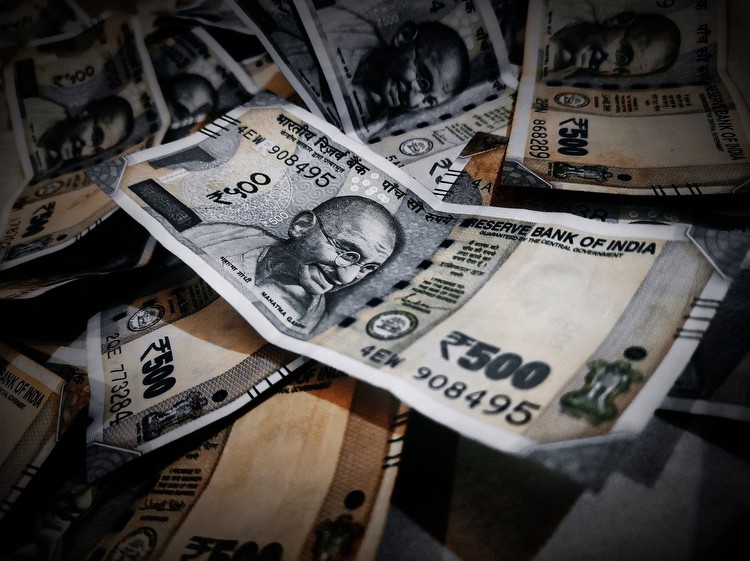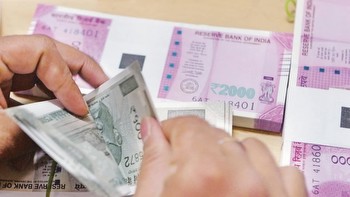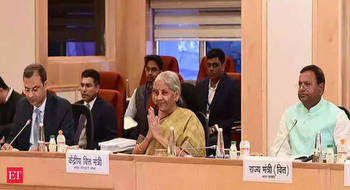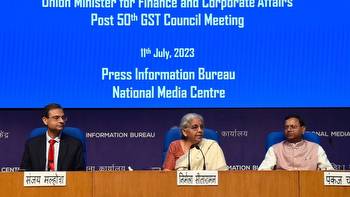India eyes $1.7 billion online gambling tax after controversial levy

India is aiming to collect around 140 billion rupees ($1.7 billion) in tax over the next financial year from online gambling operations.
As reported by Reuters, Revenue Secretary Sanjay Malhotra set out the proposed return on tax in the 2025 financial year. He indicated the government expects to receive around 75 billion rupees for the current financial year, up to the end of March, reflecting a significant increase from 16 billion rupees from the previous year.
In a blow to the betting industry and investors, the Indian government has cited concerns about addiction as part of its move in October 2023 to impose a 28% levy on funds collected by gambling operators on every bet a user places.
Industry representatives responded with scorn, insisting the move would hammer their earnings and warning of an impact on gamblers.
Aaditya Shah, chief operating officer at the leading gaming app IndiaPlays stated, “The implementation of a 28% tax rate will bring significant challenges to the gaming industry. This higher tax burden will impact companies’ cash flows.” His message was echoed by Roland Landers, CEO of The All India Gaming Federation who said the decision was “unconstitutional (and) irrational”.
No guarantees
Malhotra added a cautious forecast of what lies ahead:
“The tax generated 35 billion rupees in the October to December quarter, he said.
“The industry has stabilized, but it is early to make conclusive remarks. A review of the framework to tax online gambling companies will be conducted by April, but that doesn’t mean tax rates would be changed,” added the minister.
This form of tax raising is known as a goods and services tax (GST), applied to the online gambling industry in the South Asian republic.
Malhotra further revealed government GST collections overall have averaged 1.7 trillion rupees each month, with an expectation the figure will increase to a monthly sum of around 1.8 trillion as of the next financial year.




































